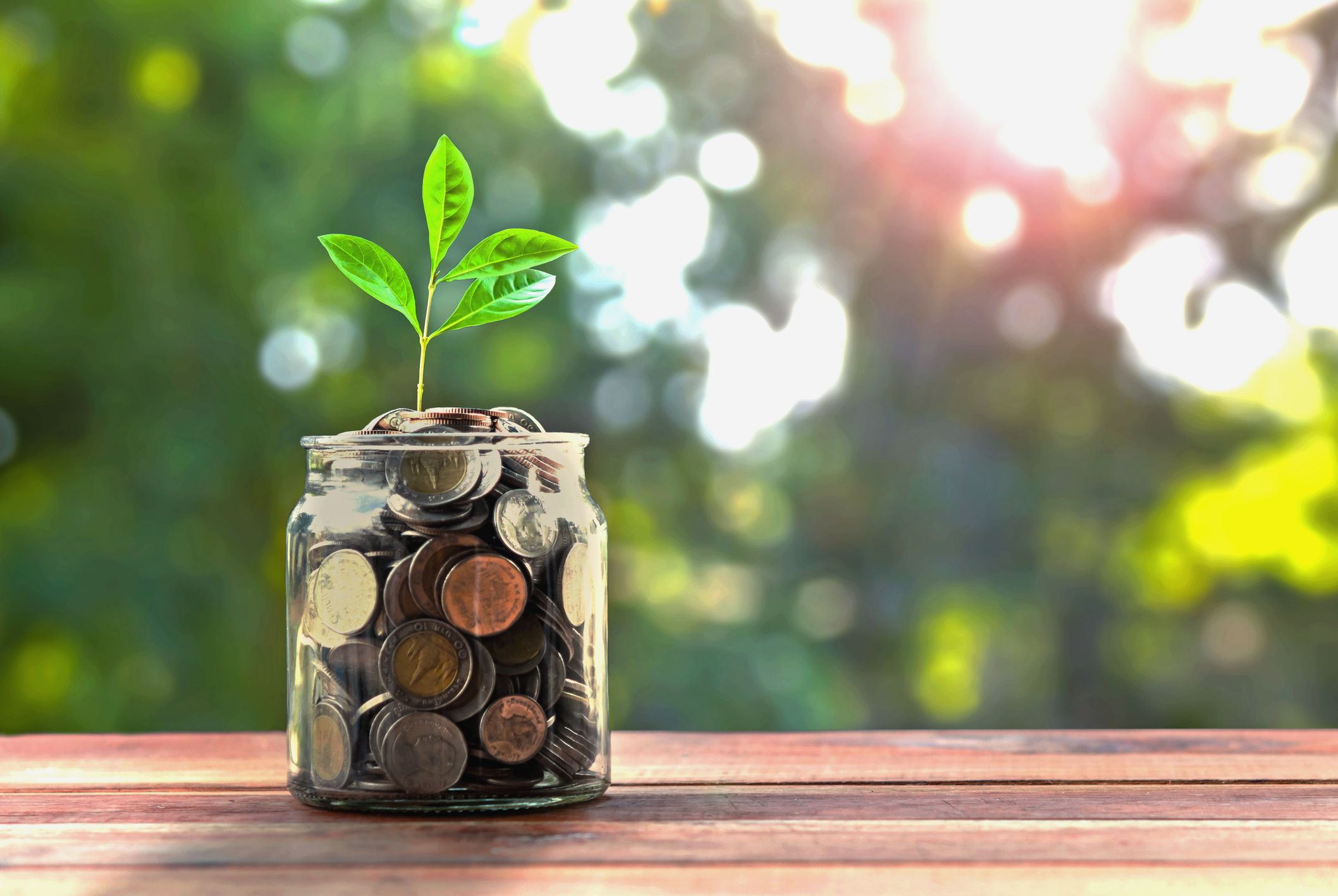Retirement typically comes with a new set of investing priorities. Shifting away from riskier investments in favor of companies that can help you preserve and build wealth with steady growth and regular dividends tends to be a smart move.
With that in mind, we asked three of our Motley Fool contributors to profile a stock that's primed to be a winner for retirees. Read on to see why they think that Safety Insurance Group (SAFT 2.07%), Home Depot (HD +4.26%), and PepsiCo (PEP +0.39%) are worth owning.

Image source: Getty Images.
There's safety in these numbers
Rich Smith (Safety Insurance Group): What do you look for when you're looking for a stock to retire on? Safety, I think, has to be No. 1 on your list, and the stock I'll profile today has that written right into its name: Safety Insurance Group.
Valued at less than 17 times earnings, Safety Insurance is safer than the average stock on the S&P 500 (which costs 22 times earnings) because it's cheaper than the average stock -- and thus presents less risk that you'll overpay for it.
Safety Insurance stock is also pegged for an average long-term growth rate of 15%, versus the market's average growth projection of less than 11%. Combined with a dividend yield of 3.5% (more than half-again the market's average 2.1% dividend yield ), that makes for an above-average expected total return on your investment -- 18.5%, versus about 13% for the S&P 500 -- providing further insurance that you're not overpaying.
Of course, projections can go wrong. What assurance do you have that Safety Insurance will earn the profits that analysts think it will earn? Well, I'd argue that the company's past performance is indicative of future success. For the past three years, and in eight of the last 10 years, Safety Insurance has achieved a sub-100 combined ratio -- the gold standard when investing in insurance stocks, indicating that Safety almost always collects more money in premiums than it pays out in claims.
Last year in fact, Safety Insurance worked its combined ratio all the way down to 93.7 -- just 70 basis points shy of Berkshire Hathaway's 93% combined ratio. Not bad for an insurance stock that doesn't have Warren Buffett running it -- and one that, unlike Berkshire Hathaway, will pay you a dividend in your retirement.
Improve your returns
Demitri Kalogeropoulos (Home Depot): The housing market is cyclical, which means investors in the space have to put up with inevitable sales and profit swings. But by purchasing Home Depot stock, a retiree can minimize the impact of those shifts while benefiting from owning a world-class business.
Home Depot faced an unusually challenging selling period over the last 12 months. Rival Lowe's (LOW +4.38%) promised harsher competition as Marvin Ellison, a former Home Depot executive, took over the CEO spot. The retailer also went up against a tough prior-year period that included hurricane rebuilding purchases across much of the U.S. and Mexico.
The way it navigated those challenges demonstrates the power of Home Depot's business. Sales gains landed at 5% to extend its positive market share momentum. Profitability held steady, too, as the company cracked a stellar 40% return on invested capital.
None of these wins will completely protect Home Depot from the next industry downturn. But its incredible performance since the Great Recession can give retirees confidence that they own a resilient business. Sales are on pace to reach $120 billion in 2020 -- up from $66 billion in 2010. Success like that implies investors haven't seen the last of Home Depot's head-turning dividend raises, which hit 32% this year following 2018's 16% hike.
Dependable dividends and a sturdy business
Keith Noonan (PepsiCo): PepsiCo has long been a go-to stock for retirement portfolios, and the core characteristics that have made it a favorite among income-focused investors remain intact. While the business' performance has been hindered by a recent slowdown for soda sales in the domestic market, PepsiCo has been making moves to update its beverage lineup to better suit shifting market tastes, buying up a range of healthier drinks and acquiring the sparkling water and drink company SodaStream.
The company's domestic beverages segment accounted for roughly 39% of sales last year, and will likely continue to face some pressures, but the global outlook for soda remains sweeter. The company is also diversified outside of the beverages space, with its Frito and Quaker segments each being substantial sales contributors. So while the domestic soda slowdown is something PepsiCo will have to work against, it has other product categories and geographic segments that should help the business deliver organic growth and keep cash flowing back to shareholders.
The company has a dividend-growth track record that few companies can match, with a 46-year streak of annual payout increases. And while PepsiCo has more than doubled its dividend over the last decade, the company has safe payout ratios that suggest it will be able to continue raising its distribution.
Shares yield roughly 3% and trade at 22 times the year's expected earnings, a valuation that appears to present a great business and top-notch dividend profile at a reasonable price.









